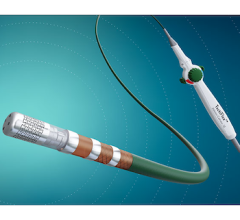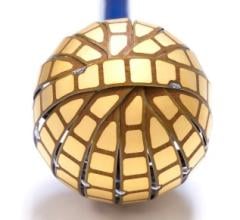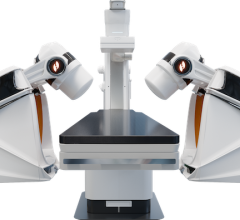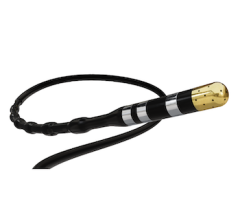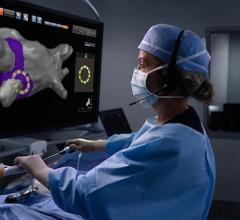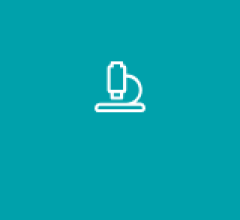January 26, 2010 — According to data appearing today in JAMA , patients with atrial fibrillation, a common heart rhythm disorder, who were treated with catheter ablation using the NaviStar ThermoCool Catheter demonstrated significantly better outcomes at one year compared to those receiving drug therapy.
In addition, the patients treated with catheter ablation reported markedly fewer symptoms and substantially improved quality of life.
Atrial fibrillation, or AFib as it is more commonly referred to, is the most prevalent heart rhythm disorder, affecting an estimated 20 million people worldwide. It is also one of the most common causes of stroke among people 65 years and older. The NaviStar ThermoCool Catheter is the only ablation catheter approved by the U.S. Food and Drug Administration for the treatment of drug refractory recurrent symptomatic paroxysmal AFib when used with Carto Navigation Systems.
During cardiac ablation, a catheter is inserted into the heart and energy is delivered through the catheter to those areas of the heart muscle causing the abnormal heart rhythm. This energy “disconnects” the pathway of the abnormal rhythm.
At one year, 66 percent of patients treated with catheter ablation remained free from documented symptomatic AFib, compared to 16 percent of patients treated with medical therapy, also commonly referred to as anti-arrhythmic drugs or AADs. In addition, quality of life scores improved significantly in patients treated with ablation at three months, and this improvement was maintained at one year. According to this study, ablation treatment, which restores and maintains normal sinus rhythm, was associated with improved quality of life.
“Though anti-arrhythmic drugs are generally used as first-line therapy to treat AFib, a number of clinical trials, including this one, have demonstrated that their effectiveness remains inconsistent,” said David Wilber, M.D., primary investigator and lead author of the study and the George M. Eisenberg professor of cardiovascular sciences and director, division of cardiology, Loyola University Medical Center in Maywood, Ill. “The likelihood of AFib recurrence within six to 12 months approaches 50 percent with most drugs, and AADs are also associated with cumulative adverse effects over time.”
This clinical trial was a randomized, controlled trial of symptomatic, paroxysmal AFib patients whose symptoms were not controlled on at least one AAD and had at least three episodes of AFib in the six months prior to joining the trial. A total of 167 patients were enrolled from 19 sites throughout the world. The primary effectiveness endpoint was freedom from documented symptomatic AFib recurrence following the confirmation of the ablation procedure endpoint and absent new AAD use or a repeat ablation procedure outside of protocol-defined criteria.
The NaviStar ThermoCool Catheter ablation group also demonstrated an excellent safety profile with no device-related serious adverse events such as death, heart attack, stroke, cerebrovascular accident, heart block or atrial perforation within seven days post ablation. The incidence of treatment related adverse events measured at 30 days in the ThermoCool Catheter ablation group was observed to be approximately half that in the AAD group (5 percent vs. 9 percent) and there was no clinically significant pulmonary vein stenosis in patients receiving ablation.
For more information: www.biosensewebster.com


 February 06, 2026
February 06, 2026 
